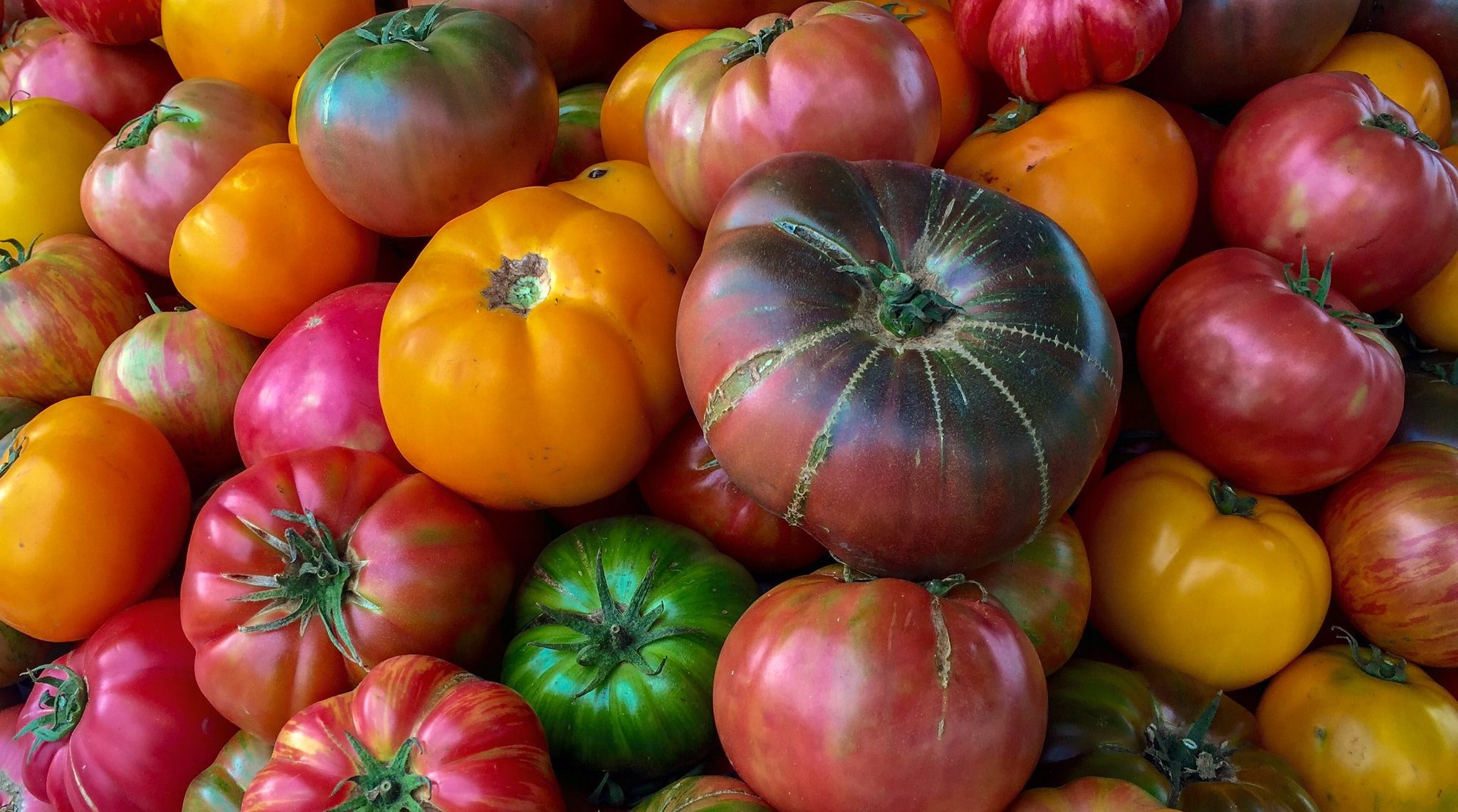
Sep 10, 2020
Research into efficacy of organic fertilizer for tomatoes funded
Organic tomato growers use cover crops and compost to build fertility; however, these practices don’t always provide sufficient soil nutrient availability during the period of rapid plant growth, which can limit tomato nutrient uptake, yields, and fruit quality. While fertilizer products approved by the Organic Materials Review Institute (OMRI), which meet the National Organic Program compliance criteria, provide a viable option for improving nutrient uptake, organic tomato growers have expressed a need for research to evaluate the profitability and effects on soil health resulting from the use of these products.
 To support decision-making, Organic Farming Research Foundation (OFRF) has awarded an $18,289 grant to Kate Scow, Director of the Russell Ranch Sustainable Agriculture Facility at the University of California Davis to evaluate the costs and benefits of using organic-approved liquid injectable fertilizers to improve nutrient uptake and yields in tomato crops. The research team will use organically managed plots at the Russell Ranch facility to compare nitrogen (N) uptake, fruit yields, and the profitability of three representative types of organic liquid fertilizers (fish emulsion, compost tea, and microbial/amino acid injectables) via fertigation in organic tomatoes.
To support decision-making, Organic Farming Research Foundation (OFRF) has awarded an $18,289 grant to Kate Scow, Director of the Russell Ranch Sustainable Agriculture Facility at the University of California Davis to evaluate the costs and benefits of using organic-approved liquid injectable fertilizers to improve nutrient uptake and yields in tomato crops. The research team will use organically managed plots at the Russell Ranch facility to compare nitrogen (N) uptake, fruit yields, and the profitability of three representative types of organic liquid fertilizers (fish emulsion, compost tea, and microbial/amino acid injectables) via fertigation in organic tomatoes.
Scott Park, owner/operator of Park Farming Organics, will advise on product comparisons and review economic analysis results to ensure wide applicability to tomato growers. Although Park has built his soil’s organic matter levels and microbial activity considerably by cover cropping with winter legumes and composting, he still experiences tomato N deficiencies and lower yields in his organic tomatoes compared to conventional. As a result, he is considering the use of new soluble organic fertilizer products.
Mr. Park has been farming organically for over 25 years. He collaborated on an OFRF-funded grant to Emily Gaudin in 2016 focused on developing integrated management strategies to improve water and nutrient use efficiency of organic processing tomatoes in California. The results of this project provide a viable strategy to help organic tomato growers dynamically cope with irrigation water shortages without hampering the quality of their harvested product.
The grant awarded to Professor Scow is one of 13 OFRF is awarding this year to help address the top challenges facing organic farmers and ranchers. As a result of OFRF’s research, education, and outreach efforts, thousands of farmers have received pertinent research and training information. Results from all OFRF-funded projects are available to access for free at ofrf.org.
More details about the grant are available on the OFRF website.
Above, organic heirloom tomato at the Jack London Square Farmers’ Market in Oakland, California, on Sunday, August 9, 2015. Photo: Lance Cheung/USDA









